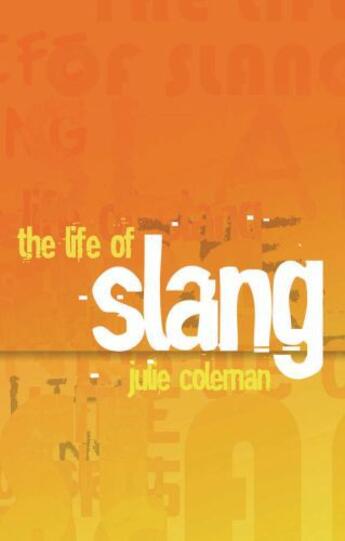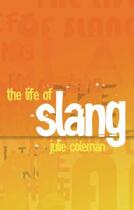-
Nombre de pages : (-)
-
Collection :
(-)
-
Genre :
(-)
-
Thème :
Non attribué
-
Prix littéraire(s) :
(-)
Résumé:
This book traces the development of English slang from the earliest records to the latest tweet. It explores why and how slang is used, and traces the development of slang in English-speaking nations around the world. The records of the Old Bailey and machine-searchable newspaper collections... Voir plus
This book traces the development of English slang from the earliest records to the latest tweet. It explores why and how slang is used, and traces the development of slang in English-speaking nations around the world. The records of the Old Bailey and machine-searchable newspaper collections provide a wealth of new information about historical slang, while blogs and tweets provide us with a completely new perspective on contemporary slang. Based on inside information from real live slang users as well as the best scholarly sources, this book is guaranteed to teach you some new words that you shouldn't use in polite company.
Teachers, politicians, broadcasters, and parents characterize the language of teenagers as sloppy, repetitive, and unintelligent, but these complaints are nothing new. In 1906, an Australian journalist overheard some youths on a street-corner:
Things will be bally slow till next pay-day. I've done in nearly all my spond. Here, now; cheese it, or I'll lob one in your lug. Lend us a cigarette. Lend it; oh, no, I don't part. Look out, here's a bobby going to tell us to shove along.
What, he wondered, was the world coming to. For the 411, read on ...
Donner votre avis















